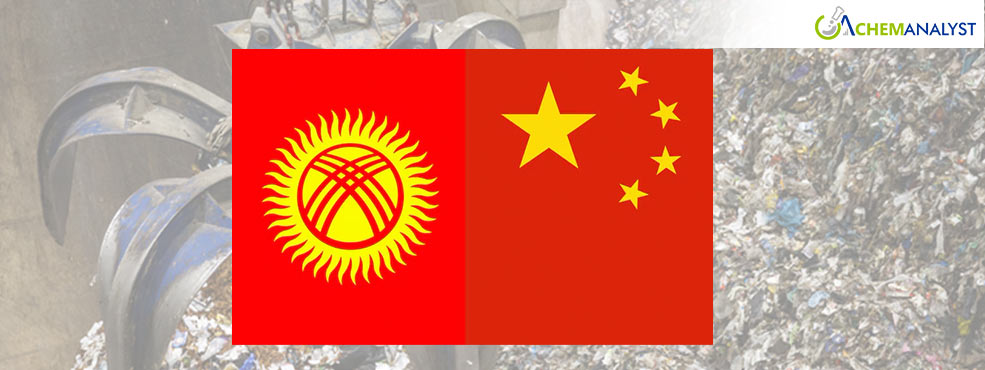Welcome To ChemAnalyst

Bishkek, Kyrgyzstan — In a groundbreaking deal that promises to tackle Kyrgyzstan’s capital city’s long-standing waste management issues, Bishkek city officials struck a $95 million deal with a Chinese company JunXin. They will build a state-of-the-art waste-to-energy plant that will convert the city’s garbage to electricity. The project is expected to be operational by November 2025, with the plant itself being fully operational shortly after.
Under the terms of the agreement, JunXin will construct and operate the plant on the site of an existing landfill. The facility will process up to 1,000 tonnes of household waste daily — the same amount currently collected in Bishkek — with the potential to increase this capacity to 3,000 tonnes per day in the future. The waste will be incinerated to generate electricity, with the power produced being sold for profit. JunXin will retain all revenues from the sale of the electricity and other byproducts, such as heating and construction materials, produced by the plant.
The deal is a 35-year agreement with the option for extension if both parties agree. Bishkek will pay JunXin approximately $17,000 a day (roughly $17 per tonne of waste) to handle and process the city's trash. While the city will no longer be responsible for managing the landfill, it will incur an estimated $6 million annually for the waste disposal services provided by the plant.
Financial and Environmental Implications
JunXin stands to profit substantially from the venture. With the plant's initial capacity of 20 MW/h, the company’s investment is expected to pay off in around 15 years. After this, it will begin generating pure profit for the next two decades. The plant’s electricity will be fed into Bishkek’s power grid, and the Chinese firm will retain all profits from the sale of the energy. Furthermore, the deal guarantees JunXin full intellectual property rights over the operation of the plant.
For Bishkek, the deal provides a solution to its chronic waste disposal problem. It has a particularly concerning hazardous landfill located in the Altyn Kazyk neighborhood. The landfill had been smoldering for decades, polluting the surrounding area and affecting the health of approximately 3,000 nearby residents. The Kyrgyz capital’s previous attempts to establish a waste-to-energy plant were unsuccessful, with three separate proposals since 2013 failing to materialize.
Bishkek city officials, however, maintain that the new facility will meet European Union emissions standards for waste incineration, and will incorporate advanced technologies for flue gas cleaning to mitigate environmental harm.
The Plant’s Features and Construction Timeline
The planned eco-technological plant will be equipped with cutting-edge technologies for both power generation and waste treatment. In addition to waste incinerators, the facility will feature power generators, advanced cleaning systems for air pollution control, and residential facilities for the staff. The plant will also have sports and recreational facilities, reflecting a broader effort to integrate community welfare into the industrial development.
We use cookies to deliver the best possible experience on our website. To learn more, visit our Privacy Policy. By continuing to use this site or by closing this box, you consent to our use of cookies. More info.
